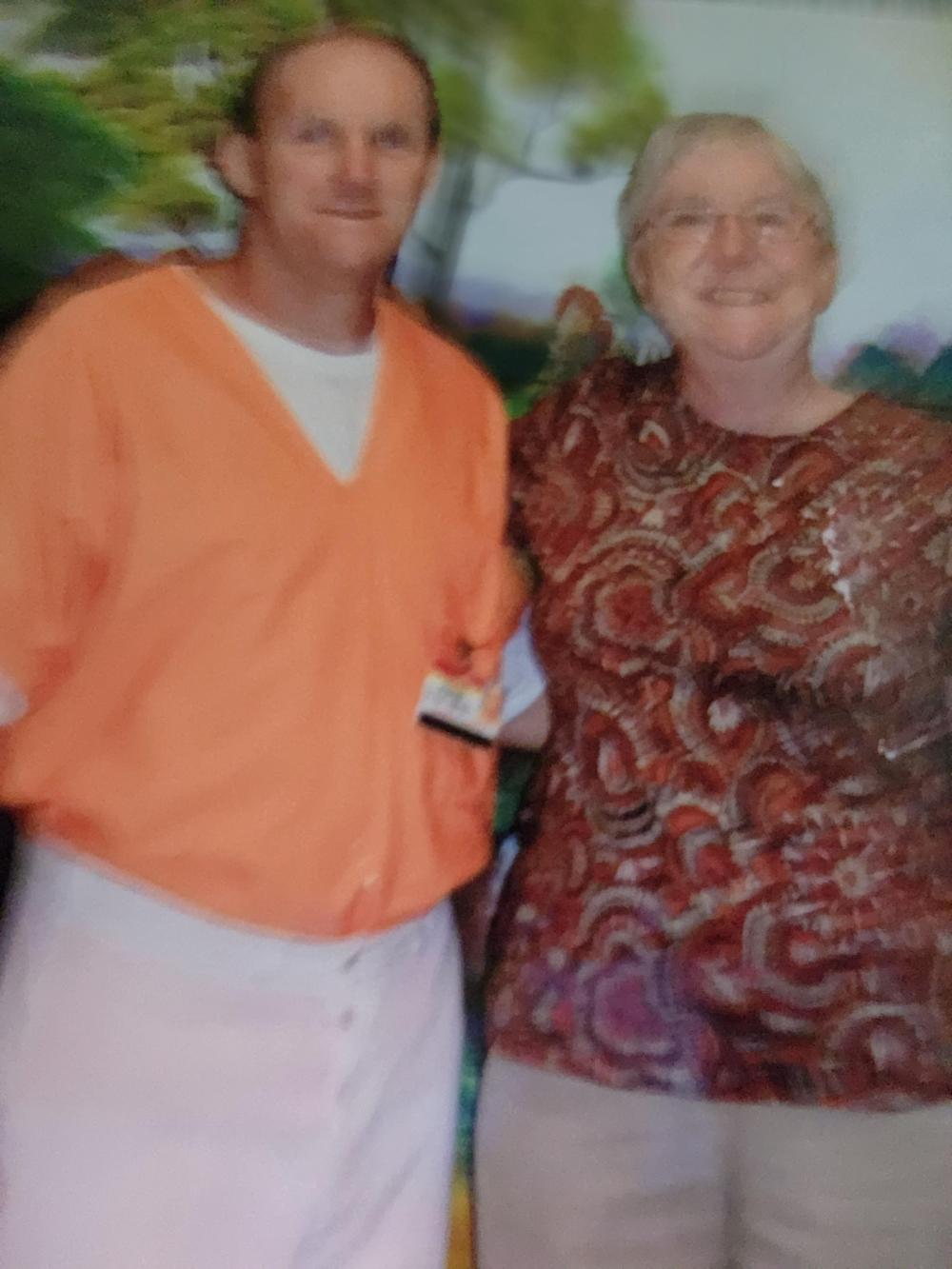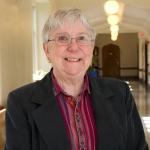The state of Florida killed my friend last Wednesday. His name is Darryl Barwick, and he did commit the very violent crime he was convicted of. If you think that’s all that needs to be said to justify his execution, you have missed some crucial points — about the Gospel, about human possibility, and about the U.S. Constitution.
Of course, I will explain what I mean. But first, let me share how I came to know Darryl.
Years ago, I read Sr. Helen Prejean’s book, Dead Man Walking, about her experience being a spiritual advisor to two men on Louisiana’s death row. Her story touched me deeply.
As a philosopher in a Jesuit university, I had already explored the moral arguments against capital punishment. I had engaged students in dialogue about it, lectured on it, even published a bit.
But Sr. Helen’s story took me to another level — to the humanity of the men and women we kill in the name of “justice.” I wanted to do as she has done, encounter an actual living person on death row and impart to them, “You are my brother (or sister), and a child of God.”
I soon learned about an organization called the Death Row Support Project, which connects people on the outside with someone on death row in a “pen pal” relationship. I applied, and was given the name and address of a man I had never heard of who was on death row in Florida. When I wrote, Darryl Barwick responded by return mail, even though he had never heard of me before. Would he like to correspond? Yes!
That was about 30 years ago. Darryl and I have written ever since, and I have been able to visit him in person four times.
One of the few mercies of the Florida Correctional System is that people on death row can have “contact visits,” provided they have acceptable disciplinary records in prison. So my visits with Darryl took place with us seated together at a table attached to the floor, in a room with about 20 other tables and a commissary. Visitors are permitted to bring money for refreshments to share with the one they are visiting. Until recently, one corner of the room was painted as a tropical paradise, and that is where, for a small cost, the visitor can have her picture taken with her incarcerated friend.

It was in this room, and in our many letters, that Darryl and I would talk about the Gospel — how it reveals to us a God who is merciful above all else. People on death row often understand this better than the rest of us. They hear Jesus say things like “Let the one who is without sin cast the first stone” to the aspiring executioners of the woman caught in adultery, and they know that message of mercy is for them.
Having been marked worthless and irredeemable by society, Darryl learned that the Father knows our hearts in ways that human judges never can. He believed what the Gospel tells us: that all who repent can count on the Father’s forgiveness.
There was more I learned from Darryl. Getting to know him showed me that, to the limited extent that we can judge each other, that judgment cannot rest solely on something we did 37 years ago.
I did not know the Darryl Barwick of 1986, the year he committed his crime. I do know him now. I also know – both from him and from public records – about the extreme abuse he suffered in his family, particularly at the hands of his father. Neighbors even observed it and notified Child Protective Services, but CPS failed to intervene.
I do know him now. I see his wisdom, his kindness to his neighbors on death row, his heroic acceptance of a life deprived of most of what the rest of us count on to give us joy and peace. (By “acceptance,” I do not mean Darryl took his years in prison only to be murdered by the state as deserved. I do mean he was as present, day by day, as he could be, trying to love his neighbor as himself, and trusting that God is faithful.)
The Constitution prohibits punishments that are cruel and unusual. As interpreted by the Supreme Court in many decisions, this requires a jury to determine how responsible, how blameworthy, and how likely it is that a defendant will always be dangerous in order that he be sentenced to death.
Darryl Barwick was responsible for a terrible crime, but I know he was no longer dangerous. Fr. Dustin Feddon, Darryl’s spiritual advisor who accompanied him to the death chamber on May 3, said he was “a man of profound compassion, mindfulness, faithful in prayer and in service to his fellow brothers on the row.” I agree.
Statistics show that Florida is especially notable for its proven mistakes when it comes to the death penalty. It has the highest death row exoneration rate of any state. But its unacknowledged mistakes, tragic ones like killing Darryl, cry out to heaven for God’s mercy just as urgently.
I had the privilege of knowing Darryl, of being able to tell him, “You are my brother, and a Child of God.” He knew it, he believed it, and I pray one day the state of Florida will believe it too.


